Europe: the problem is not ‘north-south’ but ‘east-west’
In his stimulating recent post ‘France and the New Balance of power’, Oxford’s Geoffrey Gertz argues that the near-certain election of Francois Hollande will change the balance between ‘North’ and ‘South’ in Europe. Having for so long reckoned herself part of the German, Dutch, Scandinavian and Eastern European ‘North’, he suggests, France will now join Greece, Portugal, Spain, Italy and possibly Bulgaria and Hungary in the ‘South’. He may well be right: Hollande’s recent demands that the stability pact be renegotiated, that Germany would have to push for growth as well as balanced budgets and the whole tenor of his campaign is evidence enough. I wonder, though, whether a Hollande victory might not also have profound consequences for relations between …
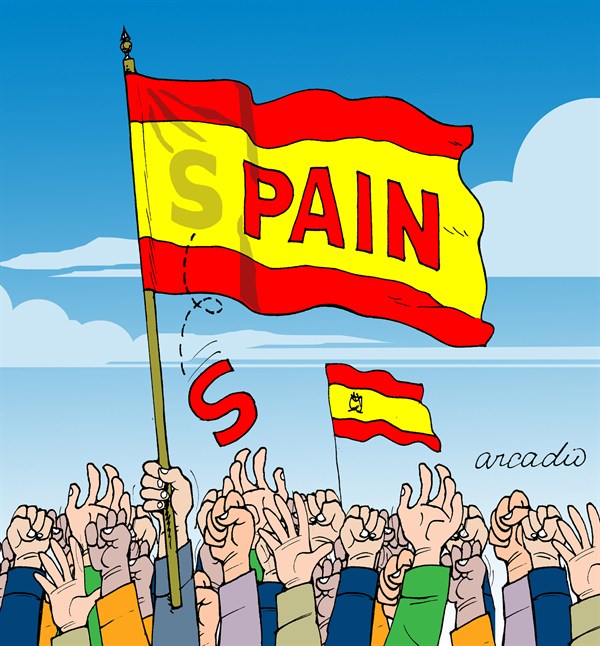
The European Dilemma: the Monetary Union and the Road Ahead
Countries in the periphery of the Eurozone face one of the toughest dilemmas in recent history. Each of them with their particularities, Greece, Portugal, Italy and Spain all share the challenge of dealing with the consequences of sustained large current account deficits, the accumulation of public and private debt and a protracted banking crisis. On top of these troubles, they lack an independent monetary policy, possess minimal fiscal maneuverability due to already unsustainable levels of public debt, and have to work under a marked sense of urgency due to painful and untenable unemployment rates. Their dilemma is over whether to implement further structural reform in the frame of the Eurozone, knowing that these measures could take longer to take effect …
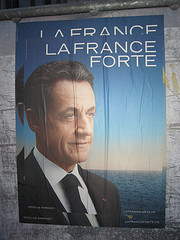
French Presidential Election: Where is the Meat?
When General de Gaulle empowered the President of the 5th Republic with far-reaching executive attributes, he sought to alleviate the head of state from what he called the “grenouillages” of politics. This has worked efficiently. Yet, his intention was certainly not to avoid debate over policy-proposals and between candidates. Unfortunately, this is what is happening in the 2012 French presidential election: it has moulded into a referendum on one individual, the President. For this very reason, it seems the socialists have a very good shot at taking the Elysée. Not because they have a better project – they don’t; not because their candidate is better – he isn’t; but because Sarkozy is unpopular and because there has been little debate between the main candidates – if at all. Nicolas Sarkozy may …
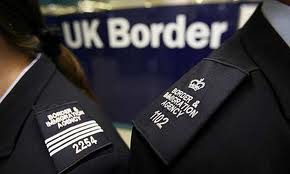
Is the UK Border Agency ‘not fit for purpose’? What purpose exactly?
The Home Affairs Committee has recently published a report into the work of the UK Border Agency in which it criticises the UKBA for failing to deport more than 600 Foreign National Prisoners who were released between 1999 and 2006 and are still in the country. It also says the Agency is failing to clear the ever increasing “controlled archive” of unresolved cases in the Case Resolution Programme. The report calls on for the Home Office to ‘act immediately to deal with the public scepticism in the effectiveness of the UK Border Agency’. Keith Vaz MP (Labour), Chair of the Committee, said: The reputation of the Home Office, and by extension, the UK Government, is being tarnished by the inability …
France and the New Balance of Power in a Crisis-Stricken Europe
I’ve been neglecting my blogging duties of late as I’ve been preoccupied studying for an exam on International Relations theory and history. With the exam safely behind me I’m back to blogging, but still have academic IR debates on the mind, so today I want to write about what the history of early 20th century European relations can tell us about the continent’s current political economy. To grossly oversimplify, back in the pre-WWI days Europe was controlled by a number of Great Powers of roughly equal strength, who were in continual competition with one another to run the world. They typically pursued their goals by forming loose and shifting alliances; whenever any one state seemed to be getting too strong, …
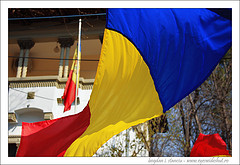
Can the courts save Romania from selling its state owned industry on the cheap?
Shortly after my post on Romania’s paradox of plenty, the recently appointed Romanian Prime Minister came out with another mind-boggling announcement: the government had secretly sold Cupru Min, Romania’s largest copper mine, possessing over 60 percent of the country’s copper resources, to Roman Copper Corp., a Canadian Company, for a mere $200m (US). Quite pleased with the deal, the Prime Minister emphasised that the copper mine had been a black hole for the government, which it finally managed to sell for four times its value. These are misleading overstatements. While the precise value of Cupru Min is unclear, its worth is estimated to be between $6b and $14b (US), whilst the agreed profit sharing deal with Roman Copper only gives …

Boiling over – Spain’s economy needs bold leadership
The scope and scale of the Eurozone crisis has led many to forget that different countries had very different economies when the crisis erupted. In an attempt to arrive at general conclusions about the malaise affecting the economies of the EU we have failed to understand the particularities of each case. The most common of these generalisations is that high levels of public debt in the EU periphery are the overall cause of the Union’s problems. Current debates about the economic situation in Spain, for example, are centred on the country’s need to reduce its budget deficit to 5.3% of GDP, as agreed this year with European partners in Brussels. Just recently, the newly elected Spanish conservative government succeeded in …
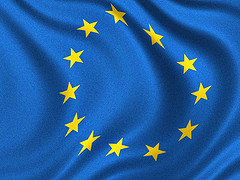
If Francois Hollande wins: what chance for a real change of direction in France and Europe?
Francois Hollande, candidate of the French Socialist Party, is still the frontrunner in the French presidential elections. But he is untested in government. And in the midst of the euro crisis and the eurozone’s commitments to binding austerity, what are the chances that a Hollande victory could represent a real change of direction in France and catalyse a real debate about social democratic alternatives in Europe? Or would President Hollande find his hands tied by decisions already taken? Hollande is putting his central emphasis on youth and on justice. He is ruffling feathers in Brussels and Berlin by insisting that he will renegotiate the EU’s newly agreed fiscal treaty – enshrining budget discipline and austerity into eurozone countries’ national laws …









